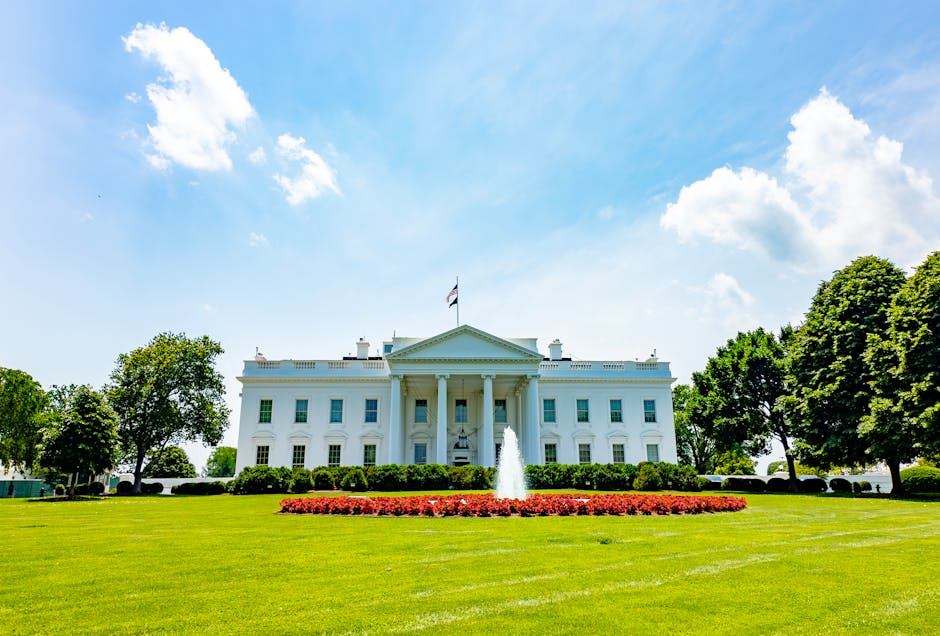Impact of US Court Rulings on President Trump’s Tariffs: Strategic Implications for Asia-Pacific Firms

Impact of US Court Rulings on President Trump’s Tariffs: Strategic Implications for Asia-Pacific Firms
The dynamic and precarious nature of international trade has been exemplified recently by the US Court of International Trade’s decision and subsequent reinstatement of tariffs by the Court of Appeals. This legal rollercoaster affects not only the United States but also pivotal Asia-Pacific economies including Australia, Vietnam, and Malaysia.
Key Trends and Strategies
Regulatory Landscape and Market Responses
Following the tumultuous legal decisions surrounding President Trump's 'Liberation Day' tariffs, businesses in Australia, Vietnam, and Malaysia find themselves navigating a complex web of trade regulations. As outlined by Politico, this legal uncertainty fosters a challenging environment for strategic planning and investment.
Geographical Dynamics
Each country faces unique challenges and opportunities shaped by their specific economic sectors and involvement in US trade. For instance, Vietnam and Malaysia, with their burgeoning electronics and textiles sectors, are particularly susceptible to shifts in US tariff policies.
State and Recommendations
Given the unstable trade environment, firms across the Asia-Pacific region need to consider agile and informed strategies to navigate the challenges posed by US tariffs.
- SMEs: Should leverage digital tools for real-time regulatory updates and build flexible supply chain networks.
- Medium Enterprises: Must invest in robust supply chain analytics to preemptively address potential disruptions and explore diversified markets.
- MNCs/Large Enterprises: Need to develop in-house legal expertise and consider strategic investments in US or allied markets to mitigate risks.
Comparative Analysis Across Company Sizes and Geographies
| Traditional Firms | Middling Firms | Disruptors / Startups | |
|---|---|---|---|
| Automation | Basic implementation | Advanced integration | Pioneering new technologies |
| Advisory | Standard compliance | Proactive strategy formulation | Agile, innovative approaches |
| Security | Reactive measures | Enhanced protocols | State-of-the-art systems |
As seen in the table above, Disruptors / Startups stand out for their rapid adoption of new technologies and innovative approaches to compliance and security, distinguishing them from Traditional and Middling firms.
"In a world of unpredictable trade policies, agility, and up-to-the-minute insights pave the way for sustainable business strategies."
Conclusion
The ongoing legal uncertainties surrounding US tariffs necessitate a resilient and forward-looking approach from businesses in the Asia-Pacific region. By leveraging digital innovations and fostering adaptable strategies, firms can position themselves to navigate the complexities of international trade today and in the future. The evolution of these trade dynamics will likely emphasize the necessity of strategic agility and proactive policymaking as central pillars for global economic interactions.
As we continue to witness the unravelling of these complex trade issues, the businesses that remain informed and adaptable will likely emerge stronger, setting a precedent for global economic engagement in the coming years.
